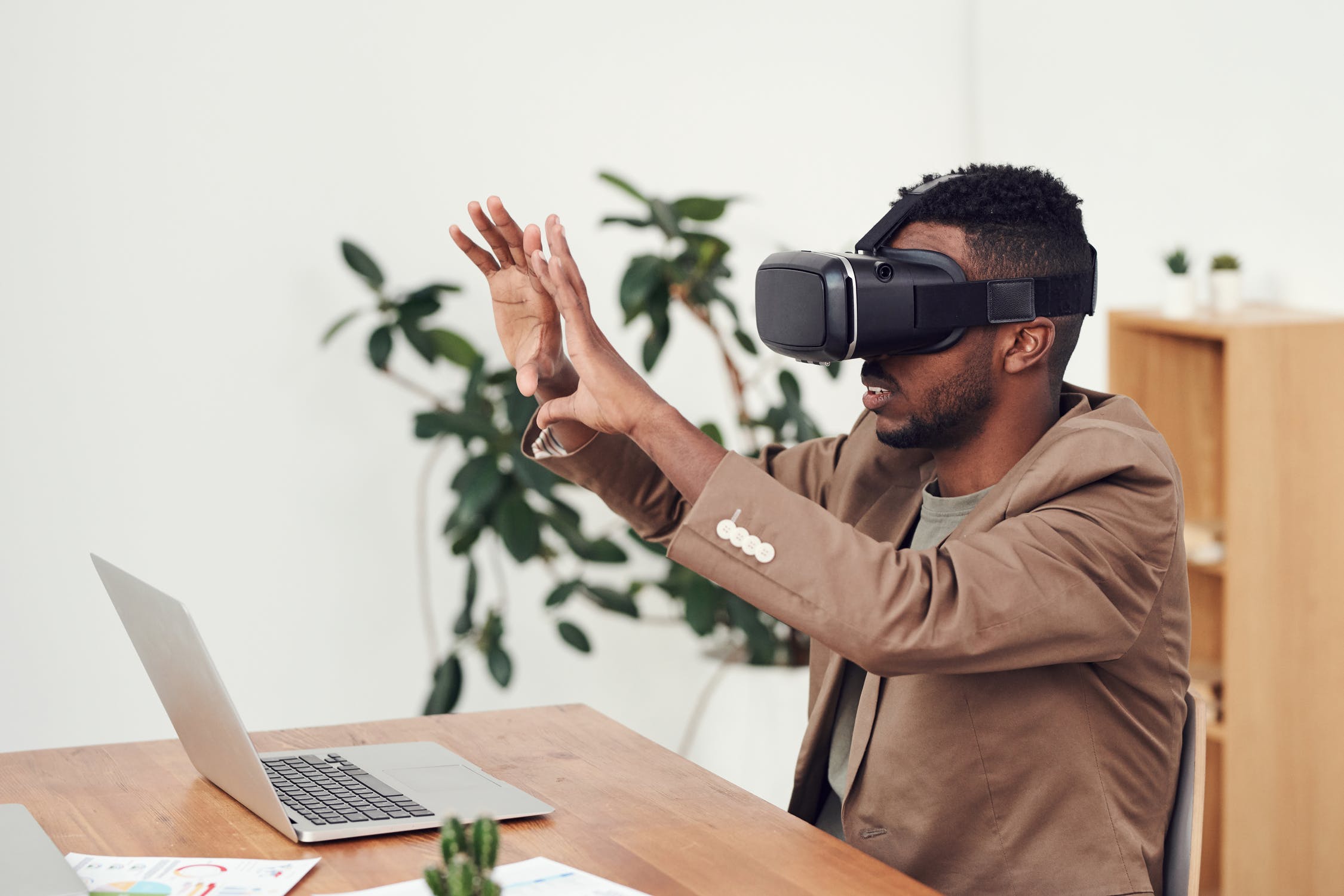
The Virtual Conference on Skills for a Resilient Youth organised by UNESCO’s International Centre for Technical and Vocational Education and Training (UNESCO-UNEVOC) in collaboration with COL underscored the importance of simulations, augmented and virtual reality to help TVET learners develop practical skills online.
The conference marked the World Youth Skills Day and sought to gather knowledge, insights, experiences and practices from the international TVET community to understand how the COVID-19 pandemic is affecting youth and how TVET teachers, institutions and government agencies are responding.
According to the conference report, as-distance-as-possible models allow young people around the world to continue their TVET programmes while observing travel restrictions and physical distancing guidelines.
Moving to a desired “new normal” for future resilient TVET requires changes across TVET systems, particularly to ensure equitable access to meet global skills development needs. In seeking to skill youth, TVET faces extra challenges in moving to distance and online learning because of the need to develop practical skills.
Simulations, and augmented and virtual reality offer the potential for learners to practice some online skills in environments that replicate real life. However, such software is only available for some skills, is often proprietary and requires adequate technological infrastructure to implement – making it inaccessible for providers within many contexts.
Ms Terry Neal, COL’s Education Specialist: Technical and Vocational Skills Development, who moderated the virtual event, noted: “At the conference, the examples of simulations’ use came from regional projects in developed countries. Due to high costs, interactive learning materials can contribute to solving the current challenges only if we collaborate to develop and share them under open licensing.”


